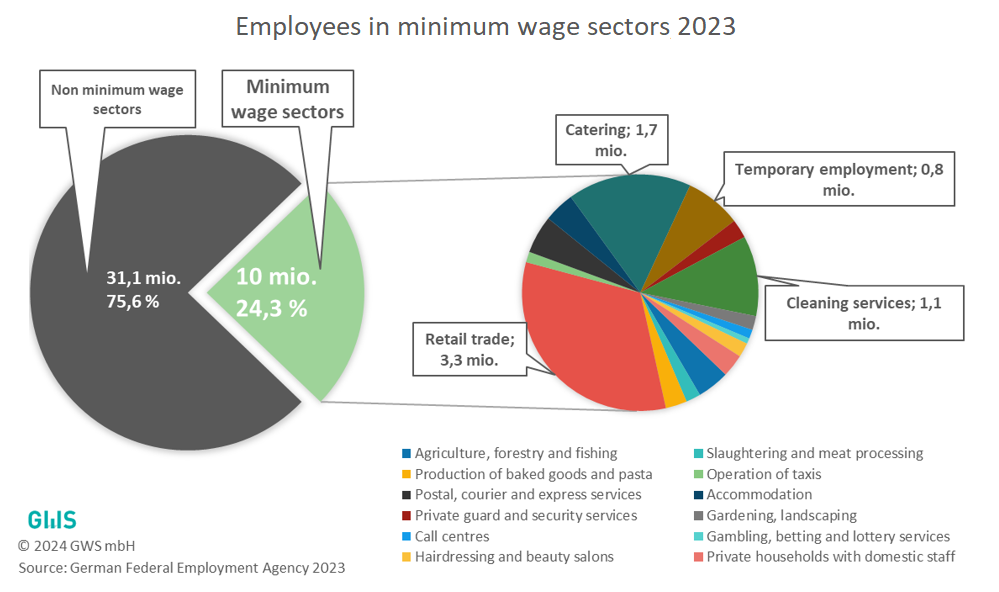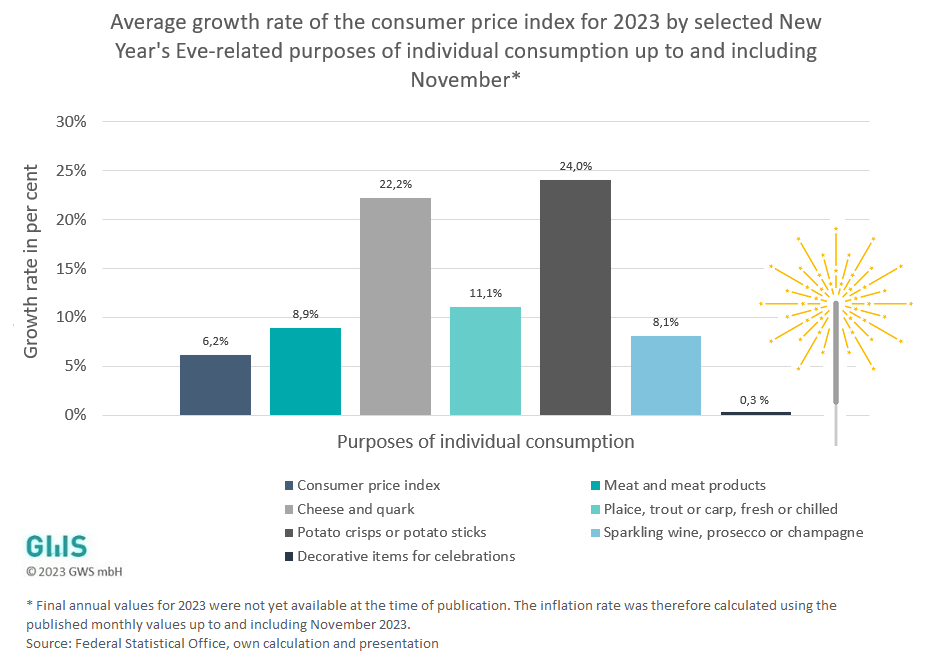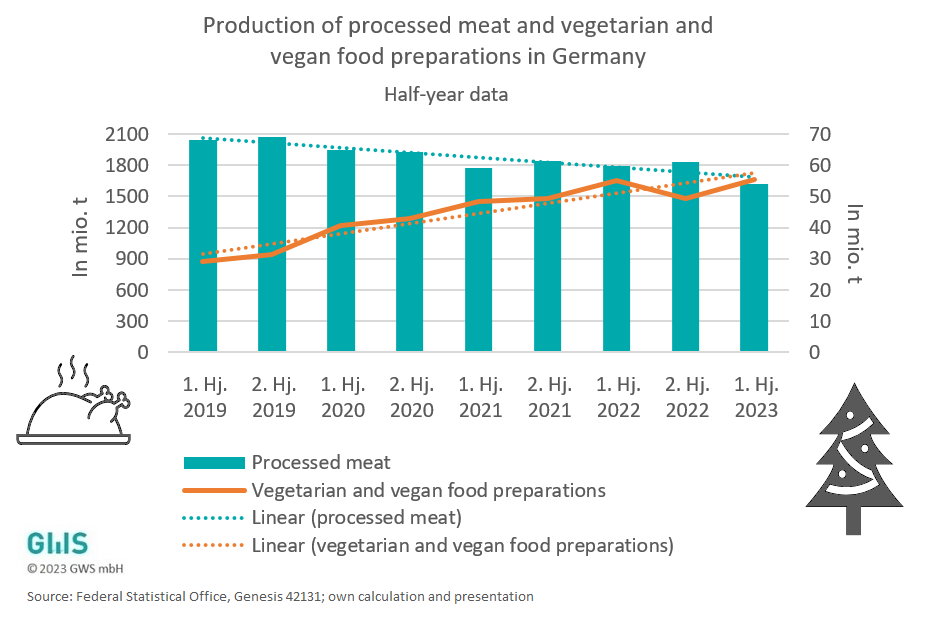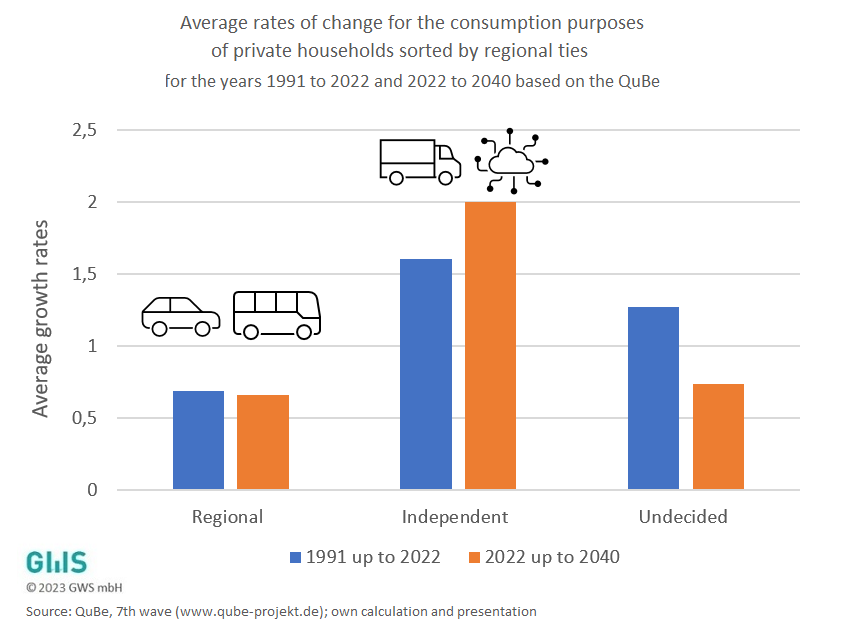Our figure of the month
In today's information age we are surrounded by an almost infinite amount of data. Each month, the GWS-WiSo-team selects a particularly interesting economic and/or social topic or question from the multitude of available information, which is highlighted as the "number of the month". The current number as well as the earlier numbers of the month can be found here.
Energy costs for households are still high – the savings potential is not being fully utilized
Private households consume energy primarily in the form of natural gas for space heating and electricity for process heating and cooling (washing and cooking as well as cooling and freezing), lighting and information and communication…
Are single-family homes more affordable due to the price decline?
After property prices for a decade only knew one direction, they experienced a turnaround from the late summer of 2022 on. This was primarily due to the end of the ECB's zero interest rate policy and the subsequent continuous sharp rise…
Ten million employees could benefit from the minimum wage increase on 1 January 2024
A general statutory minimum wage has been in force in Germany since 1 January 2015, which sets the minimum wage for employees in all sectors and occupations. On 1 January 2024, it will increase to €12.40 gross per hour, having last been…
Expensive New Year's Eve – above-average price increases for ingredients for a good New Year's Eve party
The year 2023 is drawing to a close and the New Year's Eve party is just around the corner. Traditionally, champagne, New Year's Eve carp, ingredients for a fondue or raclette meal and party snacks are on the shopping list for this…











